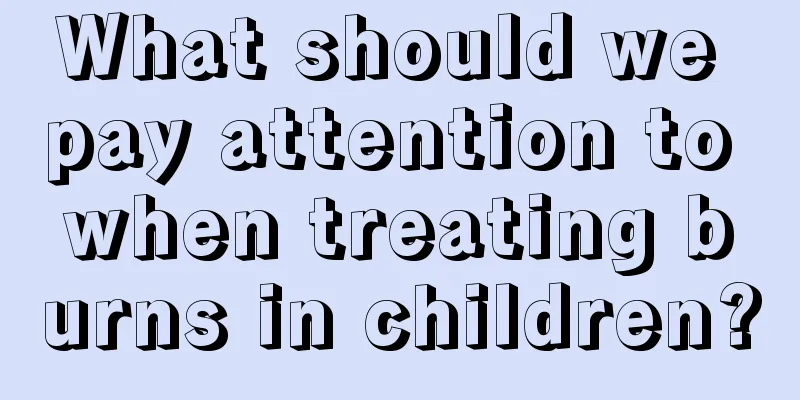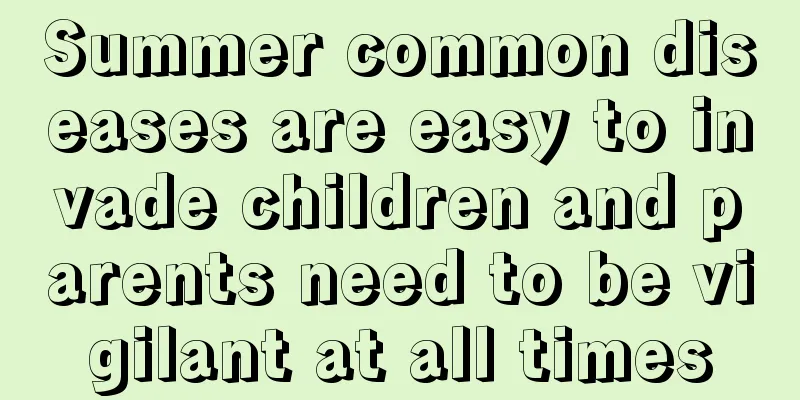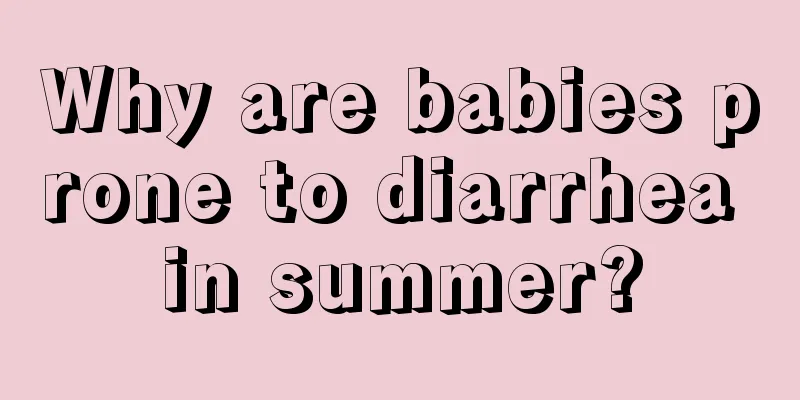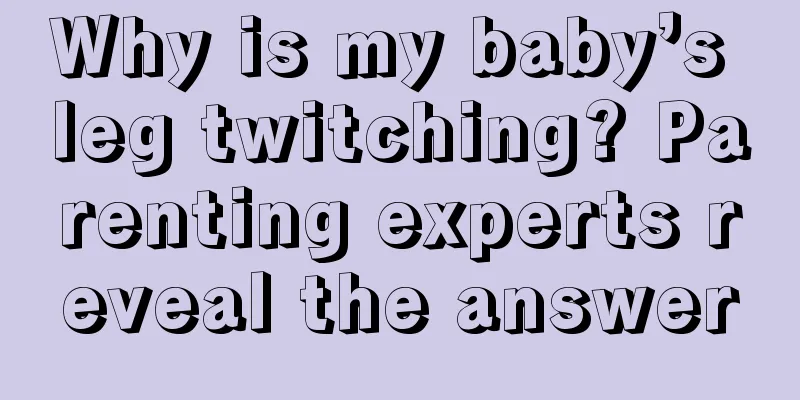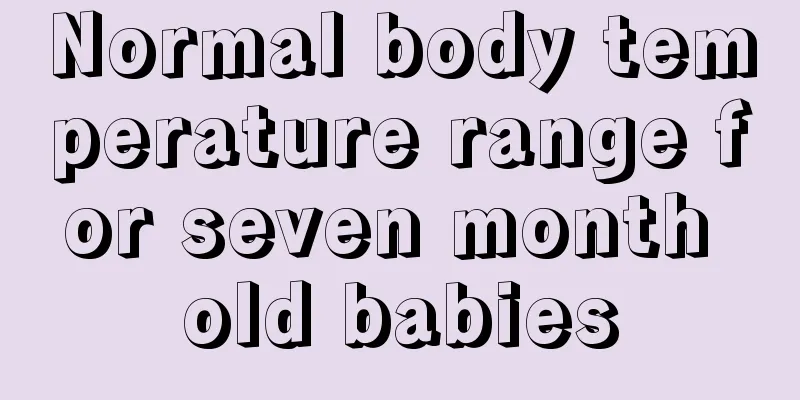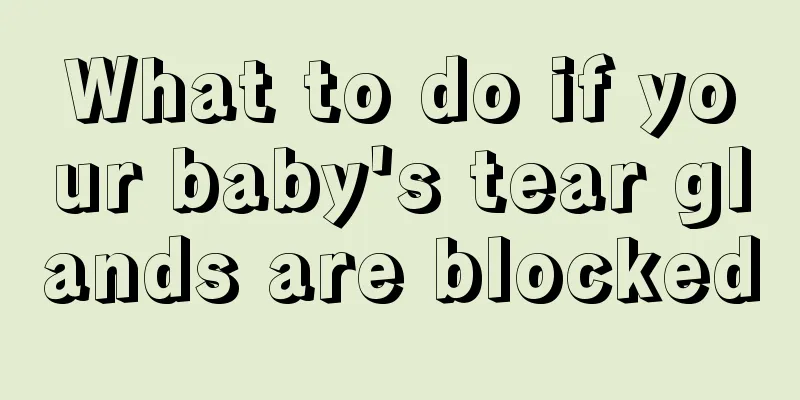What should I do if my baby has a cold and high fever that won’t go away?
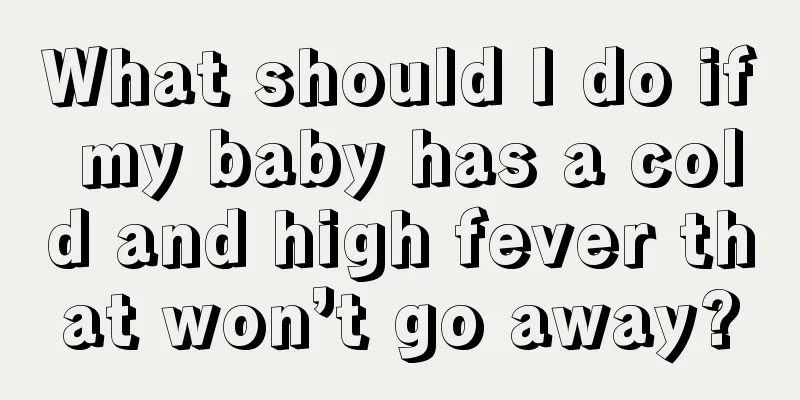
|
Colds and fevers are common symptoms in infants and young children. When the high fever persists, it is also a reaction of the body's immune system. As a parent, the first thing to do is to perform physical cooling in time, especially for babies under six months old. The disease often develops rapidly, so you need to go to the hospital for examination in time and use medication under the doctor's guidance. In addition, for infants under two months old, the use of any antipyretic drugs should be prohibited. What to do if your child has a fever of 39 degrees : 1. Warm water bath Dip a towel in warm water (the water temperature should not be too hot to touch) and wipe the neck, armpits, and thighs for 5 to 10 minutes. You can also use a commercially available "cooling patch" (or a household ice pack) on the forehead to help dissipate heat and reduce temperature. 2. Take antipyretics When your baby's fever exceeds 38.5 degrees, the doctor will consider using oral medications or rectal suppositories to reduce your baby's fever. Or when the above physical measures are not effective, oral antipyretics can be taken to reduce the temperature. 3. Ventilation and heat dissipation Ventilate more, pay attention to heat dissipation, wear loose clothes, and avoid wrapping yourself with a quilt. You can use air conditioning in the summer and control the room temperature at around 27℃. Remember to open windows regularly to allow air convection in the room. 4. Ensure moisture Drink plenty of water and eat liquid foods, such as watermelon juice, to ensure that the body has sufficient energy and water. 5. Take off excess clothing If your baby's limbs, hands and feet are warm and he is sweating all over, it means he needs to dissipate heat and he can wear less clothes. 6. Get enough sleep Getting more sleep and ensuring adequate sleep can help you recover from the illness. However, when infants and young children under 3 years old have a high fever, physical cooling methods should be used first. Generally, antipyretic injections and antipyretic drugs are not required to avoid collapse and drug toxicity reactions. The use of other drugs should also be cautious. However, many parents believe that it is safe to help their baby reduce the fever as soon as possible. In fact, if it is a minor illness, the fever will last for about 2-3 days, and the normal attitude towards fever is to find out the cause behind the fever. It is unscientific to forcibly reduce the temperature. Don’t just ask the doctor to drive away the fever, because sometimes the fever is caused by something special going on in the body! |
<<: What is the effect of infant spleen-strengthening powder
>>: What knowledge do you have about artificial feeding of infants?
Recommend
The child has a fever and convulsions and his lips turn purple
Symptoms such as fever and convulsions in childre...
What to do if your nine-month-old baby has bad breath
Not only adults can suffer from bad breath, but c...
Precautions for suctioning sputum in children
If suctioning is performed on children, some prec...
How to improve the child's fear of taking a bath
Children are lively and active, and their metabol...
What is the reason for children's sweat odor?
Children may also sweat, which may be related to ...
What should I do if my child doesn’t eat vegetables? Mommy, do this.
Children's diet is an issue that many people ...
What should we pay attention to when children have low white blood cell count?
The current social environment and some drugs alw...
What to do if your newborn hiccups
For many new parents, the arrival of a baby often...
Ways to reduce your child's flu pain
1. Relieves Pain: During the first two days, whic...
What kind of milk can help children grow taller
Around us, I'm afraid that most girls are onl...
Solutions for baby's breathing difficulties
Parents can understand and judge the baby's p...
What to do if your child is prone to illness
Children are very easy to get sick due to their l...
These methods can easily cure children's tics
Many children will perform certain movements invo...
What food is best for children with cough and wheezing?
When a child coughs and wheezes, it is a chronic ...
What to do if your child has a fever, chills and shivering
Children's immunity is relatively weak, so th...

